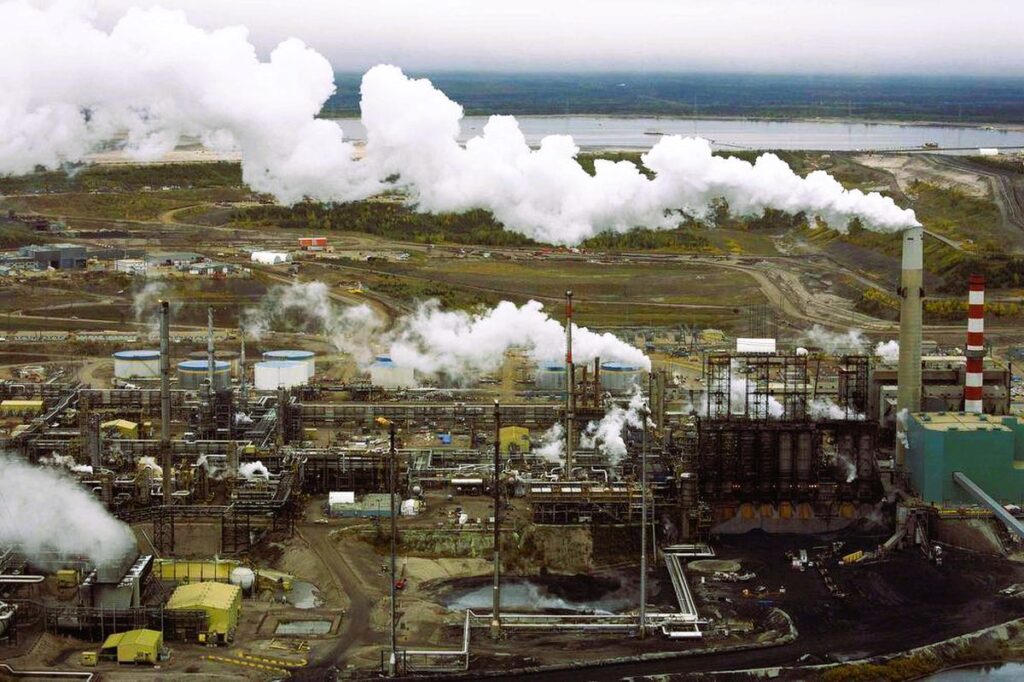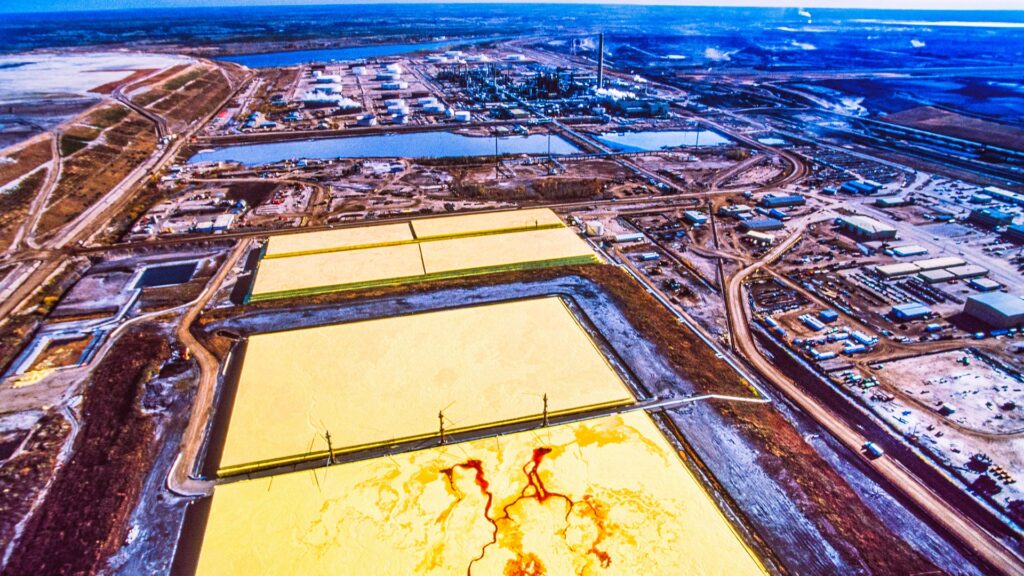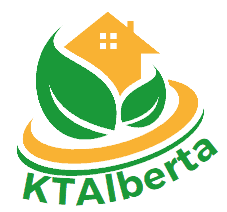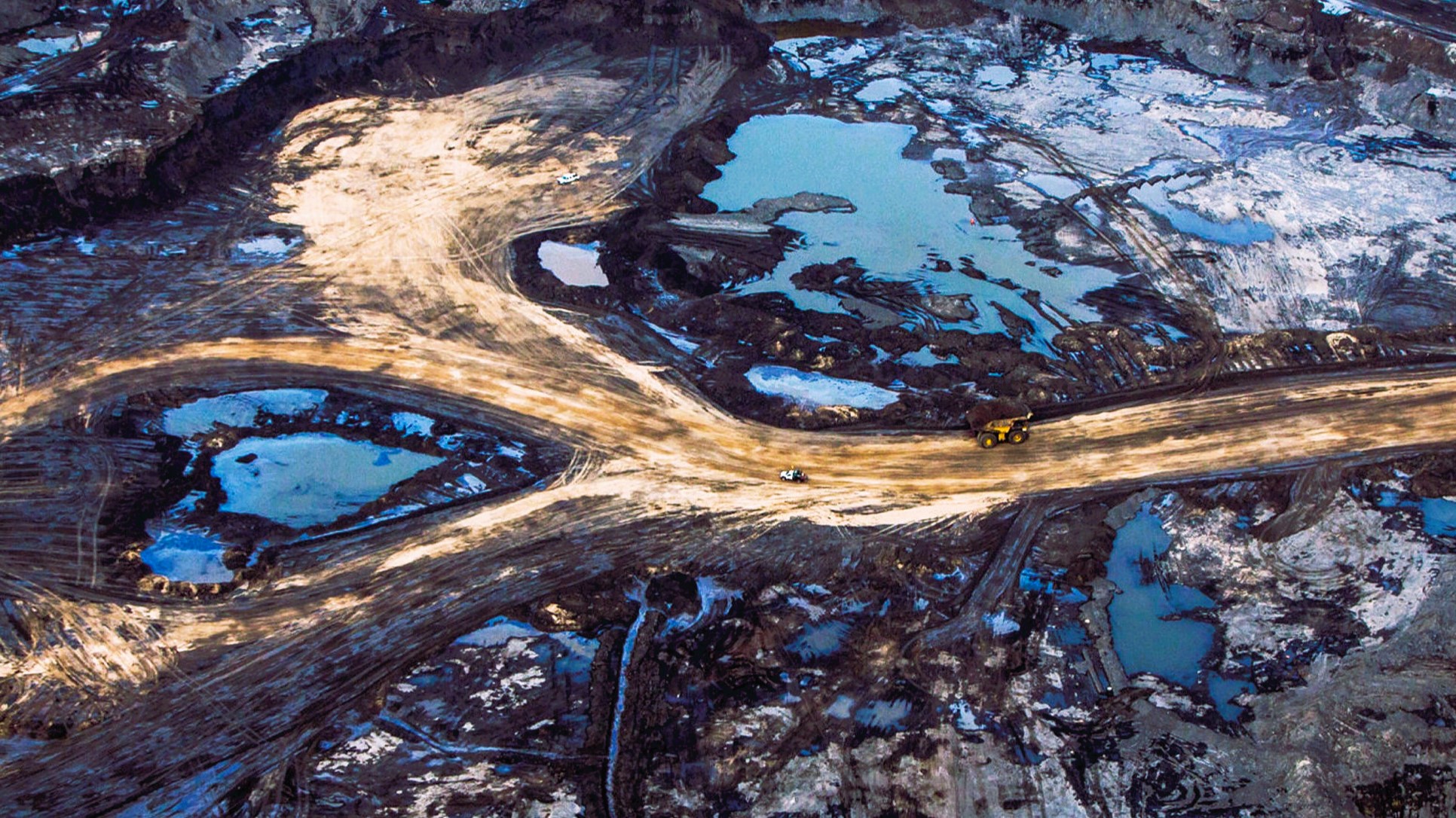The oil sands industry in Alberta stands as a symbol of economic prosperity and energy production, yet its operations have raised concerns about the environmental impact, particularly in the realm of water use. As Alberta’s economy continues to evolve, striking a balance between resource extraction and sustainable practices becomes paramount. The journey towards sustainable water use within the oil sands industry is an intricate path, requiring collaboration, innovation, and adherence to standardized practices.
Understanding Water Use in the Oil Sands Industry
The oil sands industry, known for its extraction of bitumen from sandy deposits, relies heavily on water throughout its processes. From extraction and separation to transportation, water is essential for the transformation of raw materials into usable products. However, the sheer volume of water required, coupled with potential water contamination, has raised concerns about its ecological impact and long-term sustainability.
Standardization as a Catalyst for Sustainability

Standardization serves as a catalyst for transforming practices within the oil sands industry. Platforms like Wikipedia provide comprehensive insights into the industry’s operations, fostering an understanding of its complexities and challenges. Similarly, offers resources on environmental conservation, emphasizing the importance of sustainable practices that extend to the oil sands industry.
Innovations and Mitigation Strategies
The pursuit of sustainable water use in the oil sands industry has driven innovations aimed at reducing water consumption and minimizing environmental impact. Advanced water treatment technologies, such as water recycling and purification systems, play a pivotal role in decreasing reliance on freshwater sources. Additionally, the implementation of reclamation practices ensures that disturbed landscapes are rehabilitated, allowing ecosystems to recover over time. Are you interested in ecology? Suggested reading is Alberta’s Pasture Conservation: A Conservation and Restoration Story.
Community Engagement and Collaboration
Sustainable water use is not a solitary endeavor; it requires active engagement with communities, indigenous groups, and regulatory bodies. Collaboration ensures that industry operations are aligned with regional water management plans and conservation efforts. Through transparent communication and knowledge sharing, stakeholders work together to achieve a common goal: minimizing the ecological footprint while preserving economic growth.
A Balanced Future

The pursuit of sustainable water use in Alberta’s oil sands industry exemplifies the intricate dance between industry demands and ecological stewardship. By leveraging standardized information sources, embracing technological innovations, and drawing inspiration from literature, the industry can navigate the complexities of water use while contributing to a sustainable future. As the industry evolves, the spotlight on responsible water management underscores the commitment to harmonizing economic prosperity with environmental health, ensuring a balanced legacy for generations to come.
Recommended literature for review:
- “Residential Windows: A Guide to New Technologies and Energy Performance” by Stephen E. Selkowitz
- “Ecological Design, Tenth Anniversary Edition” by Sim Van der Ryn and Stuart Cowan
- “Windows and Glass in the Exterior Wall” by Robert C. J. Graham
- “Energy-Efficient Windows: A Comprehensive Guide” by Jason B. Harman

